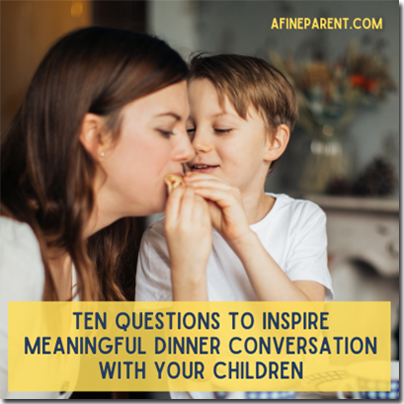 Making the commitment to positive parenting is not always as simple as we wish. During times of chaos, stress, and anxiety (for us or our kids), sticking with a positive parenting approach often needs to be a very conscious and deliberate choice. It doesn’t always come naturally!
Making the commitment to positive parenting is not always as simple as we wish. During times of chaos, stress, and anxiety (for us or our kids), sticking with a positive parenting approach often needs to be a very conscious and deliberate choice. It doesn’t always come naturally!
That’s why I’m looking forward to the Positive Parenting Conference this year- it’s an opportunity to tune up my skills, hone in on new ideas, and feel supported by the amazing experts involved. One such expert, Natasha Daniels, speaks of a topic near and dear to my own heart in her Understanding Anxiety in Teens Masterclass.
Natasha is a child anxiety and OCD therapist speaking to us on the ideas, tips, and tricks she writes about in her book Anxiety Sucks! A Teen Survival Guide. Natasha has been supporting children, teens and parents for years through private practice and through her writing with a direct, focused approach. The unique thing about Natasha’s book is that while parents will benefit from reading it, the targeted audience is our teenagers. The book is easy to follow; it breaks anxiety down in a simplistic and concrete way that teenagers will benefit from and understand.
As the parent of a child who struggles with anxiety, I appreciate Natasha’s straightforward attitude. As the editor for the AFineParent blog, I was lucky enough to get early access to this informative and insightful masterclass. Natasha will literally transform your entire mindset on anxiety in all its themed forms, from perfectionism to public speaking to social anxiety, in this masterclass. [Read more…]
 Is screen time a constant battle in your home? At the upcoming
Is screen time a constant battle in your home? At the upcoming  It’s not long now until the launch of the 2022
It’s not long now until the launch of the 2022  In just a few weeks we will have the opportunity to open ourselves up to a wealth of learning at the 2022
In just a few weeks we will have the opportunity to open ourselves up to a wealth of learning at the 2022  Your family is sitting at the table, with plates of food in front of them. Conversation is flowing naturally, your children are happy and smiling, freely sharing the details of their school day.
Your family is sitting at the table, with plates of food in front of them. Conversation is flowing naturally, your children are happy and smiling, freely sharing the details of their school day.